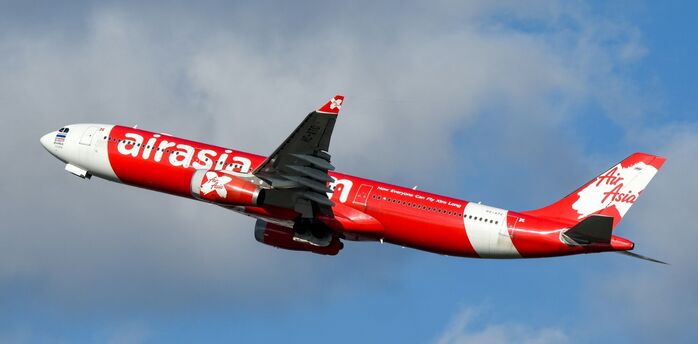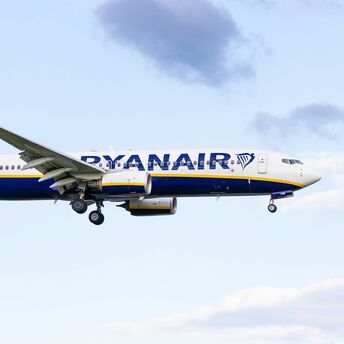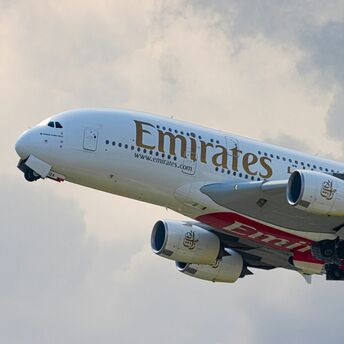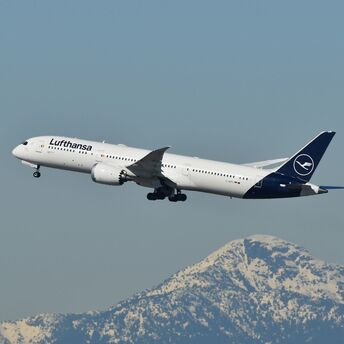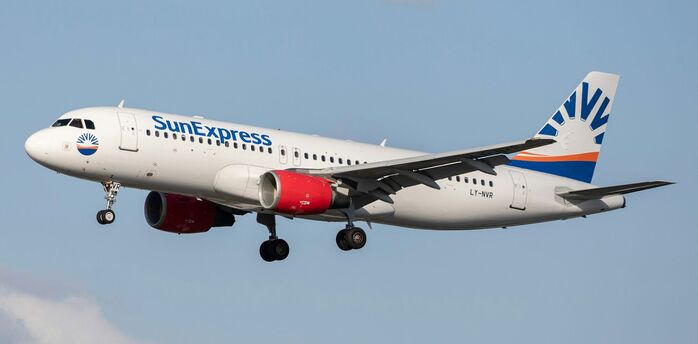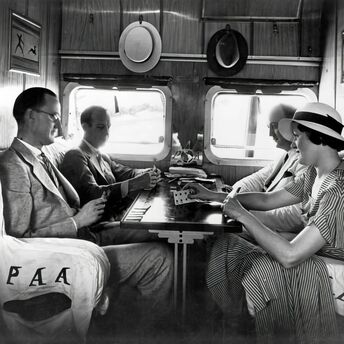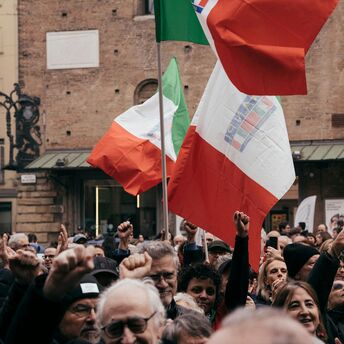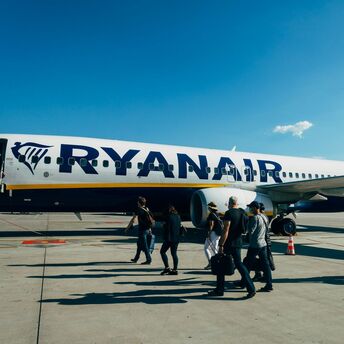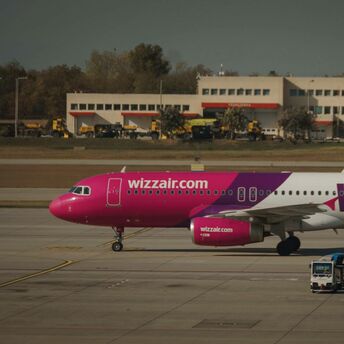Caerphilly Station Introduces Ukrainian-Welsh Culinary Fusion

In late July, a new café named Coffi Kava opened at Caerphilly Railway Station, launched by Ukrainian sisters Hanna and Liudmyla with guidance and support from their Welsh sponsor, Sian. The sisters arrived in Wales three years ago and have since integrated into the local community. The café combines Ukrainian culinary influences with locally sourced Welsh ingredients, showing how migration and community cooperation can foster fresh cultural and social interactions within public spaces.
The project focuses on sourcing products from local suppliers, such as Coaltown Coffee, a Welsh roastery that helps sustain jobs in areas affected by industrial decline. Feedback from passengers, nearby residents, and Transport for Wales indicates the café has been warmly welcomed. This example highlights how small businesses can enhance transport hubs, demonstrating that stations can fulfill practical, social, and cultural roles in addition to their usual travel functions.
The opening of the café adds convenience and variety to the station experience. Passengers now have access to freshly prepared food and beverages during short stops or layovers, which can improve comfort and satisfaction. Although the café mainly serves practical needs, it also introduces visitors to a variety of cultural experiences, gently encouraging them to explore both local and global culinary traditions, while strengthening the station’s role as a welcoming community space.
The presence of Coffi Kava may also increase engagement with nearby attractions. Travelers passing through Caerphilly Station might be more inclined to explore local landmarks, including Caerphilly Castle, town markets, and walking trails. By showcasing different cultural flavors, the café supports local tourism and invites the community to connect. This illustrates that transport hubs are not just for moving people - they can also play a role in supporting the local economy and enriching cultural life.
The café illustrates that transport hubs can do more than their standard role. They can provide rich cultural and social experiences. Even brief visits allow passengers to engage with local traditions, community programs, and regional products. This case highlights how even small projects can reshape public spaces, bringing tangible benefits while encouraging cultural exchange and fostering stronger connections between travelers, locals, and businesses.


